Directive 20/CT-TTg of the Prime Minister issued on July 12, 2025 assigned the Hanoi People's Committee to implement a roadmap so that by 2026, there will be no more motorbikes using fossil fuels circulating in Ring Road 1, and continue to expand to the following rings by 2030.
At the same time, the Ministry of Industry and Trade is also seeking comments on the draft Circular stipulating that all mineral gasoline will be required to be blended into E10 biofuel for use nationwide from January 1, 2026. The Ministry of Industry and Trade believes that E10 biofuel is an effective energy conversion solution, suitable for domestic resources and ahead of international trends.
The fact that two somewhat "opposite" policies are being promoted at the same time has made the public wonder: does the policy of developing E10 gasoline "match" the roadmap for developing electric vehicles to limit risks for investors in this fuel market?
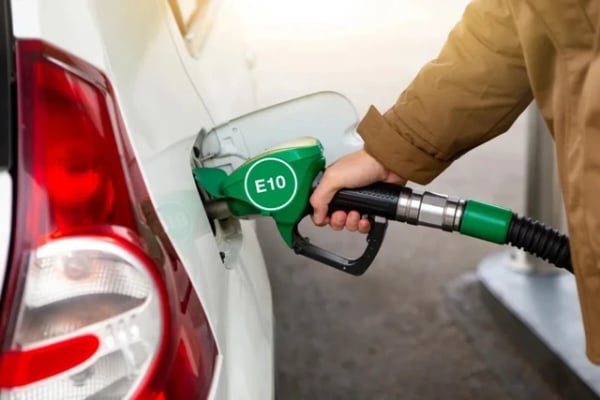
Responding to this question, Mr. Do Van Tuan - Chairman of the Vietnam Biofuel Association (VBFA) said that this is a common problem in many countries. According to him, the trend of developing electric vehicles is showing signs of slowing down in major markets such as the US, Europe and China due to limitations in charging station infrastructure and long charging times - problems that Vietnam is also facing.
In Vietnam, the Government has issued many policies to encourage the development of electric vehicles, but the actual results have not been as expected. According to Mr. Tuan, the main reason is that the charging station infrastructure has not been able to expand quickly, while the technical characteristics of electric vehicles - especially the long charging time - are still a major obstacle for users.
"In reality, the most reasonable solution is to diversify energy sources. We cannot rely on just one type. In the long term, Vietnam still needs fossil energy, and to minimize pollution from this source, the optimal solution is to blend it with organic fuels such as ethanol. This is also a common trend in the world, even in the aviation industry with sustainable aviation fuel (SAF). Therefore, these two routes are not contradictory but complement each other in the overall energy picture of the country," Mr. Tuan shared.
According to the Chairman of VBFA, in terms of ethanol supply, Vietnam has great potential with 500,000 hectares of cassava, a capacity of more than 10 million tons/year and currently still has surplus for raw export. If the ethanol industry develops, Vietnam can completely take the initiative in domestic supply.
Regarding concerns about investment costs for conversion, Mr. Tuan said that upgrading from E5 to E10 gasoline does not require investment in new equipment. Businesses can use the existing blending system.
"The barrier that businesses, especially small businesses, are worried about is not investment costs, but lengthy administrative procedures at the Ministry of Science and Technology. From the association's perspective, we are actively working to simplify this process," said Mr. Tuan.
The Chairman of VBFA added that through working with large units such as Petrolimex, there has not been any feedback about E10 gasoline causing corrosion or negatively affecting the life of tanks and equipment.
Source: https://doanhnghiepvn.vn/kinh-te/thuc-day-dung-xang-e10-va-xe-dien-giai-phap-hop-ly-nhat-la-da-dang-cac-nguon-nang-luong/20250829013954210



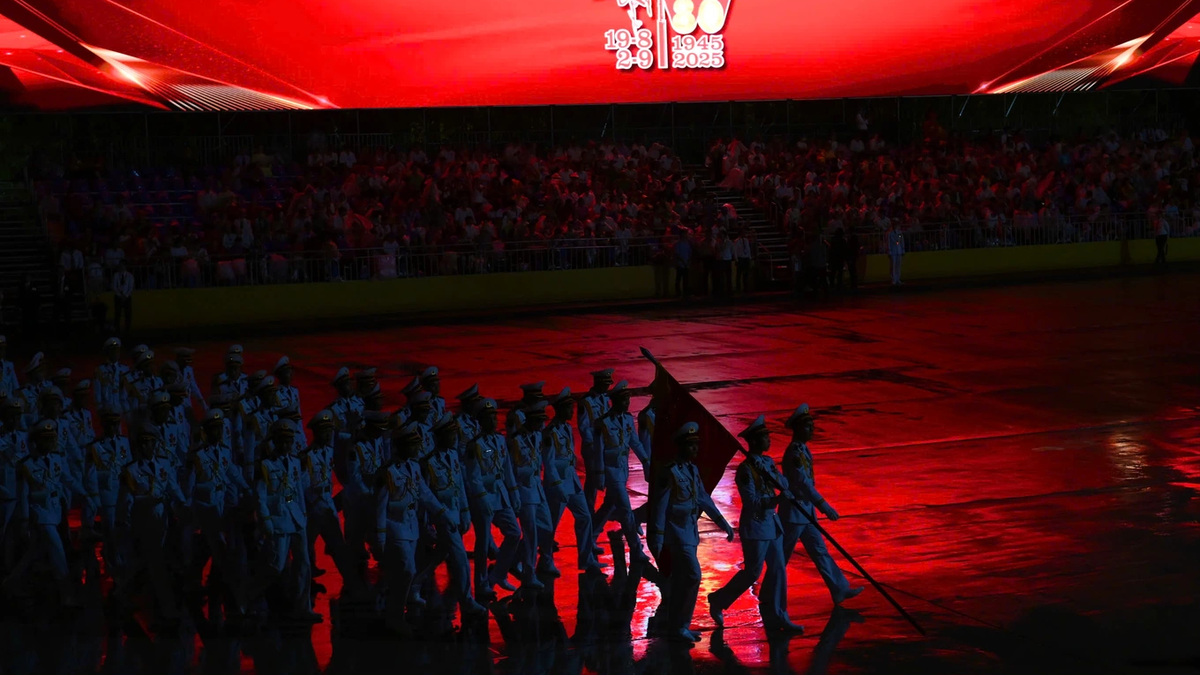
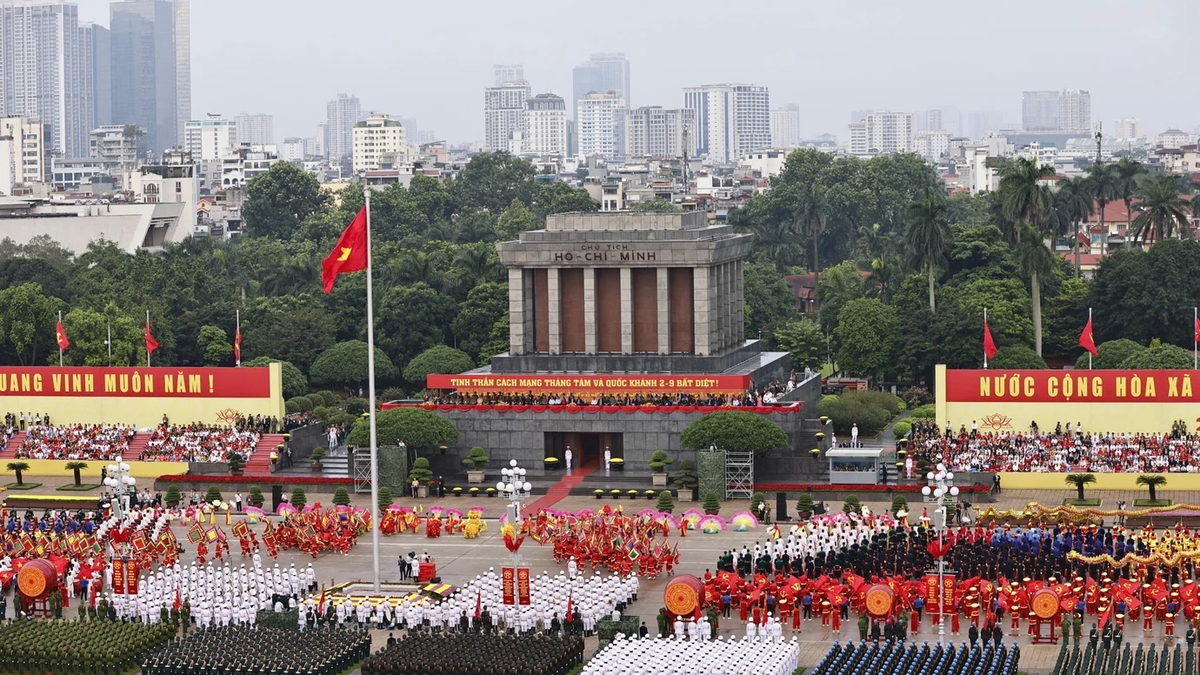


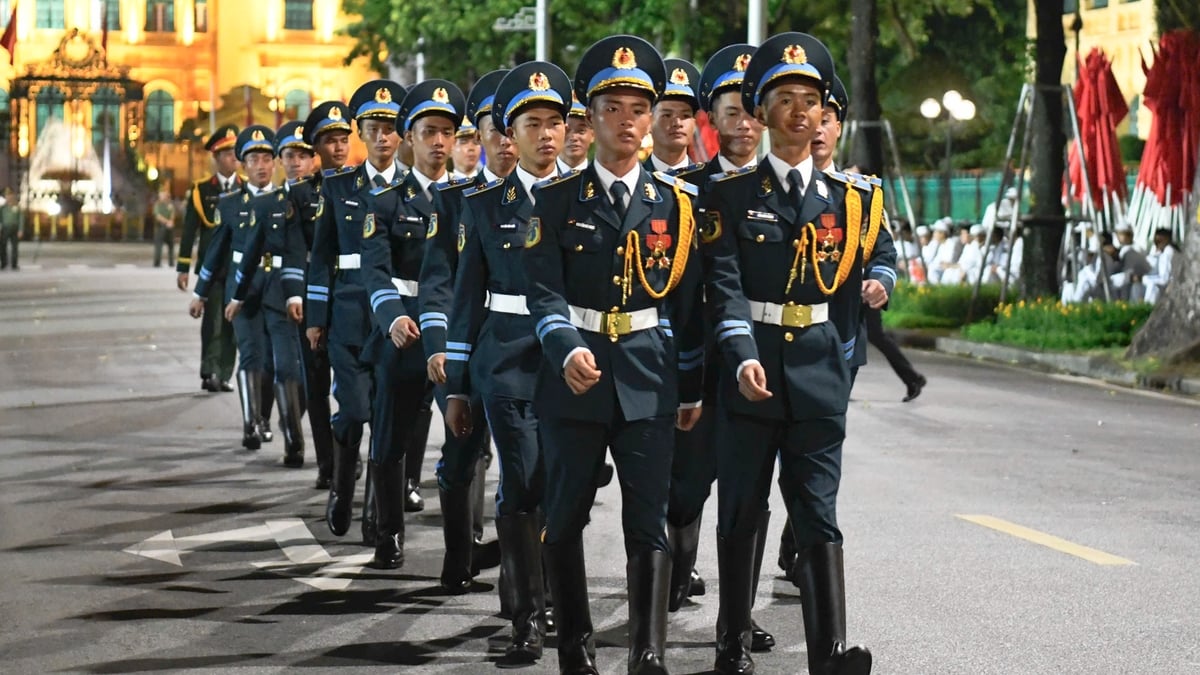
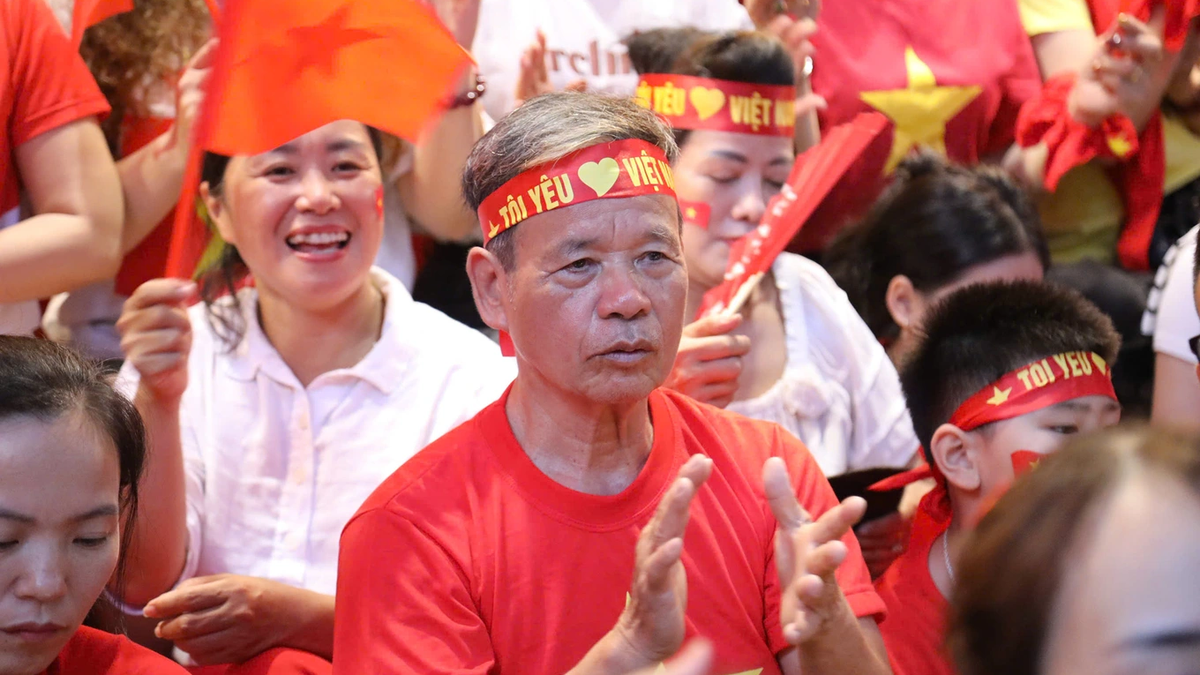
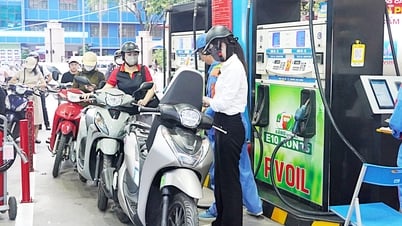

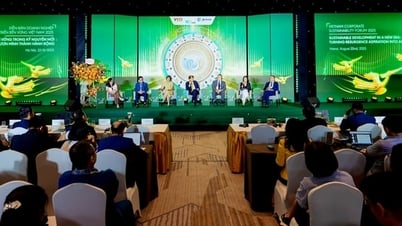

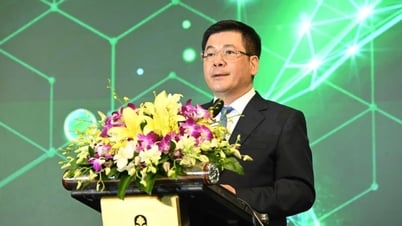
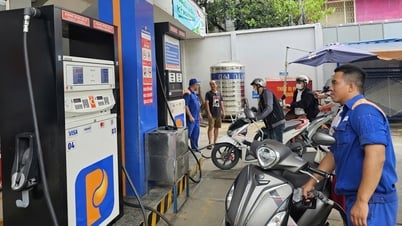
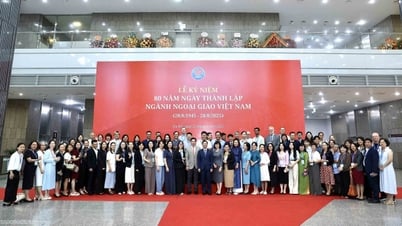

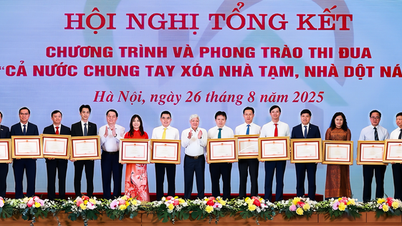

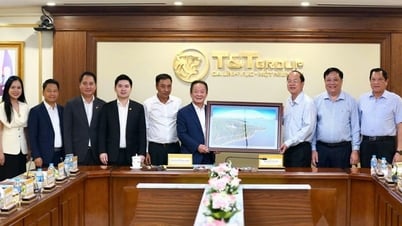

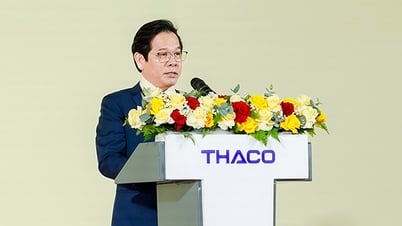
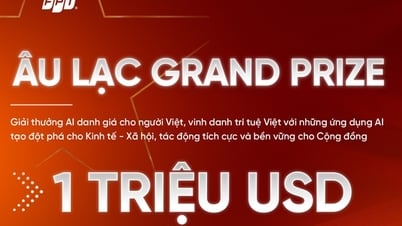

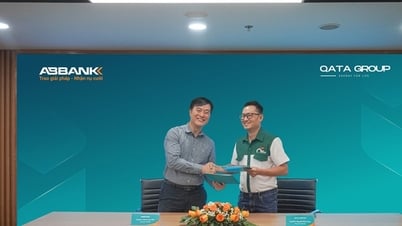
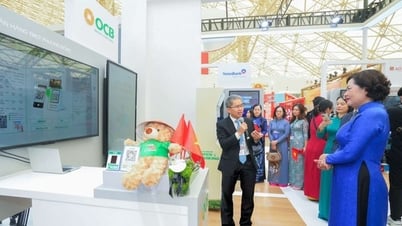




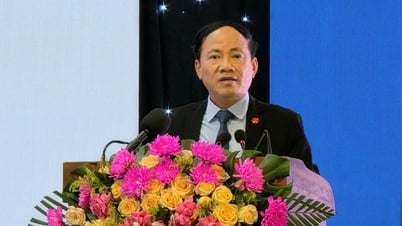
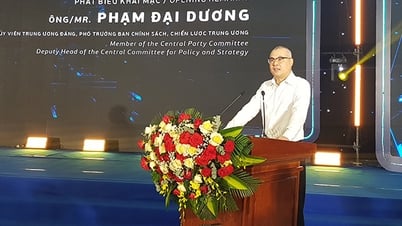
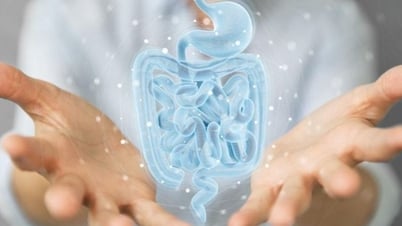

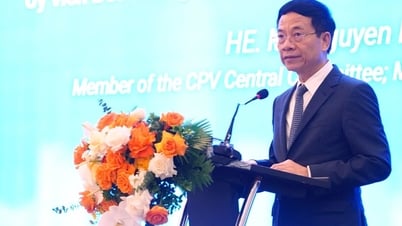
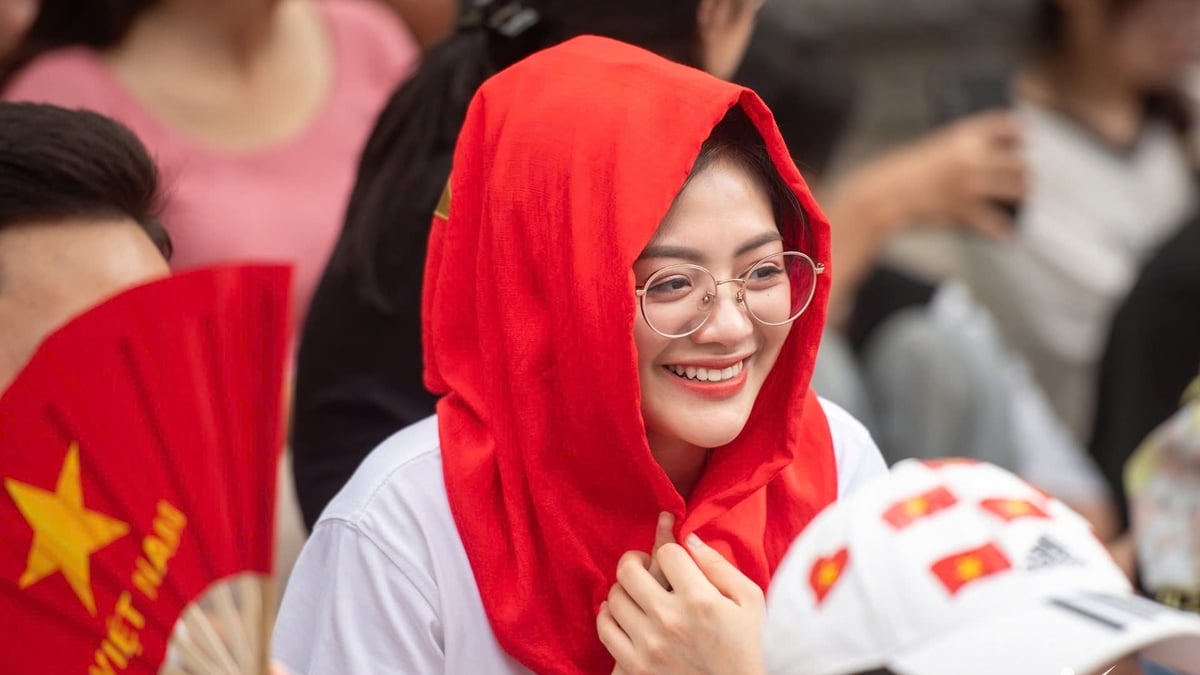










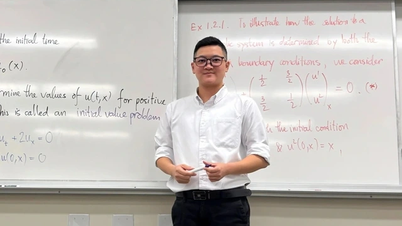

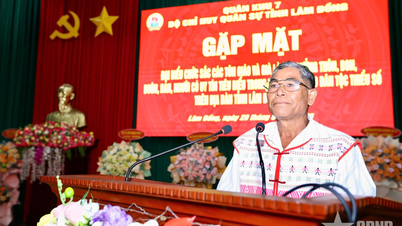

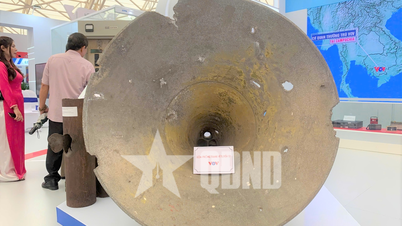
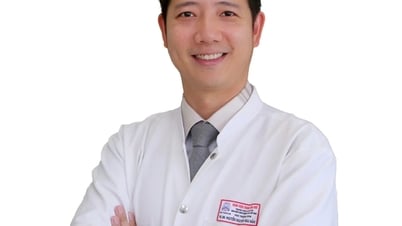

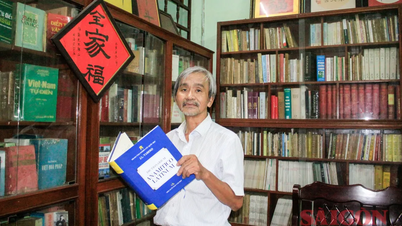

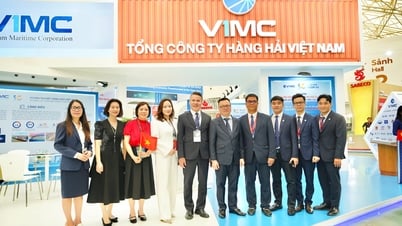



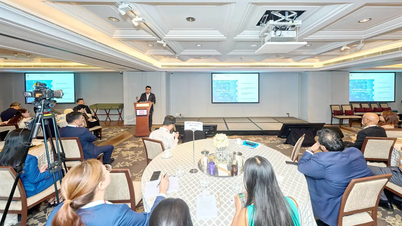
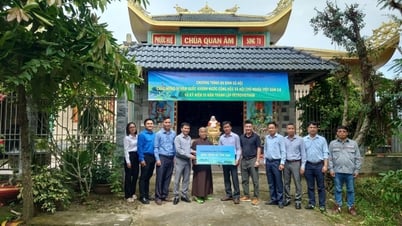

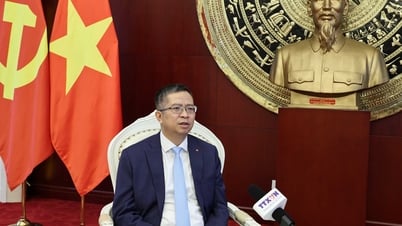
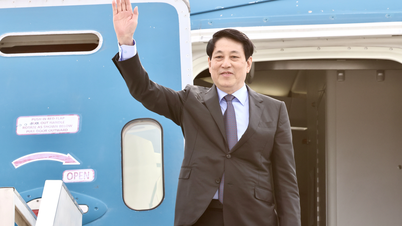
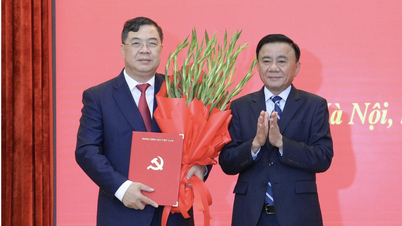
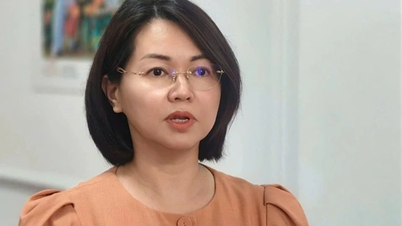
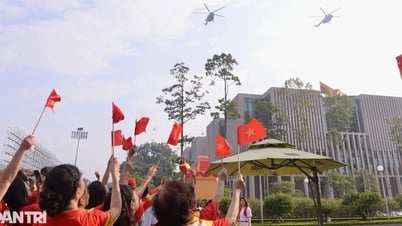

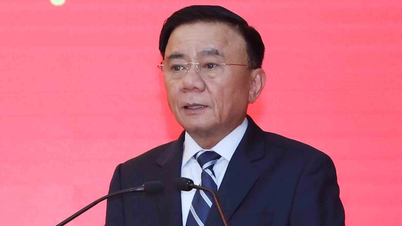

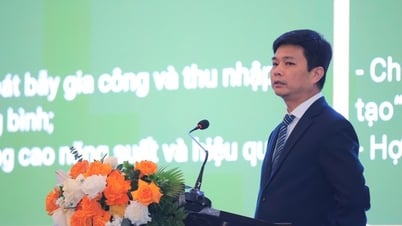


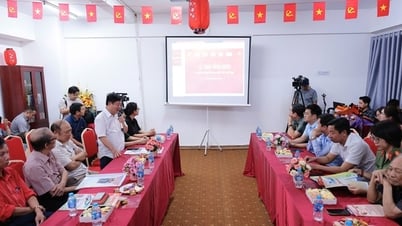
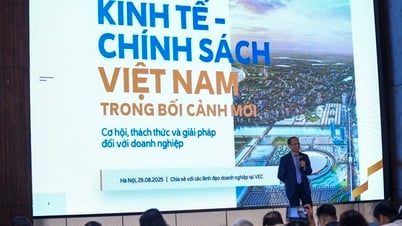
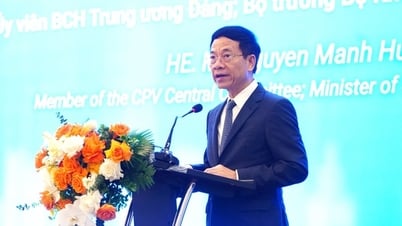


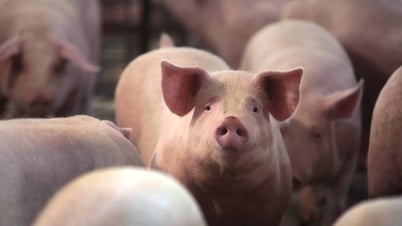




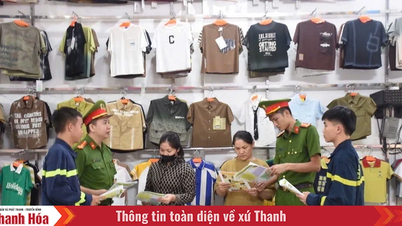

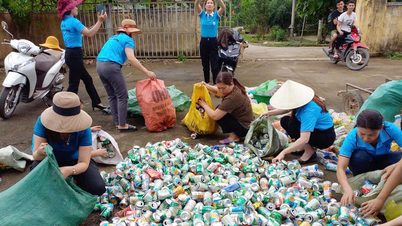





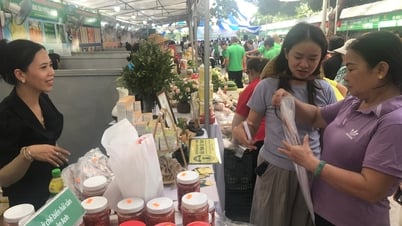


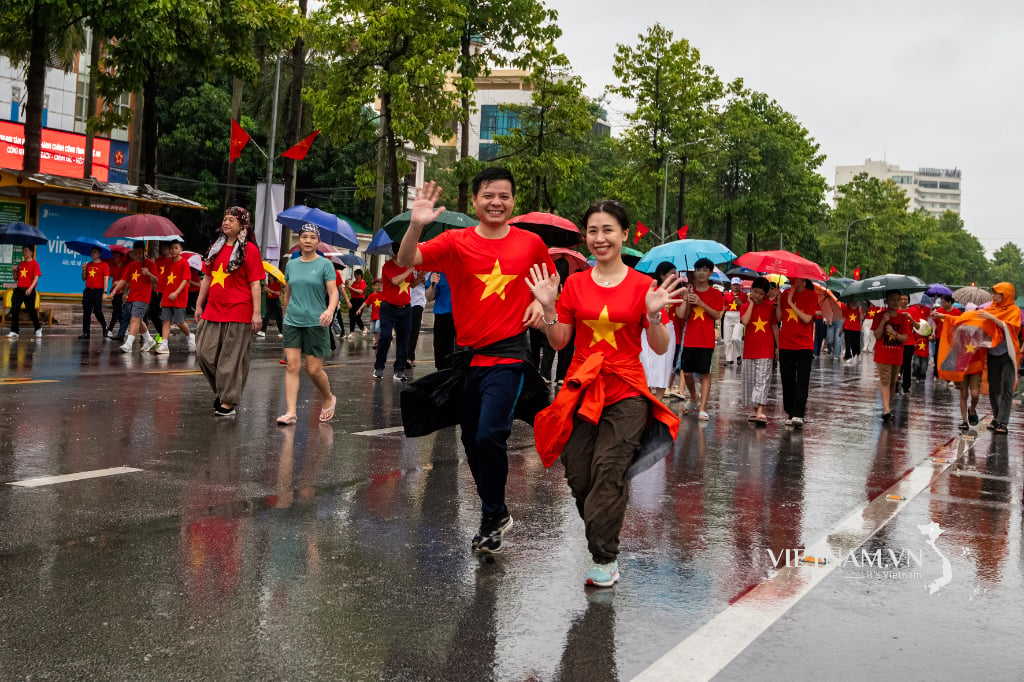
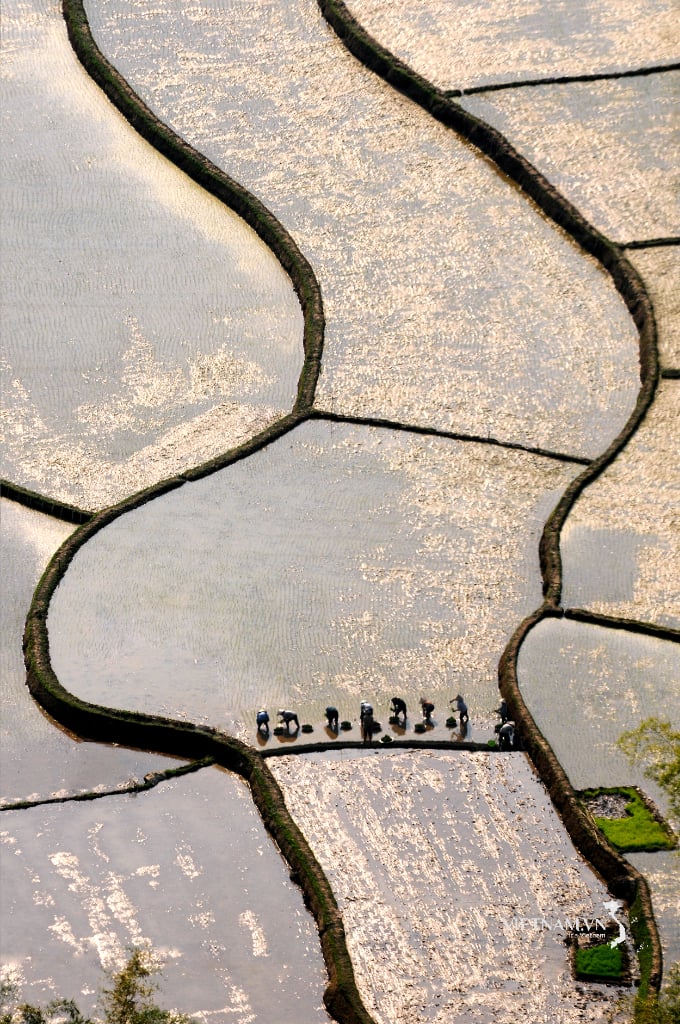


Comment (0)